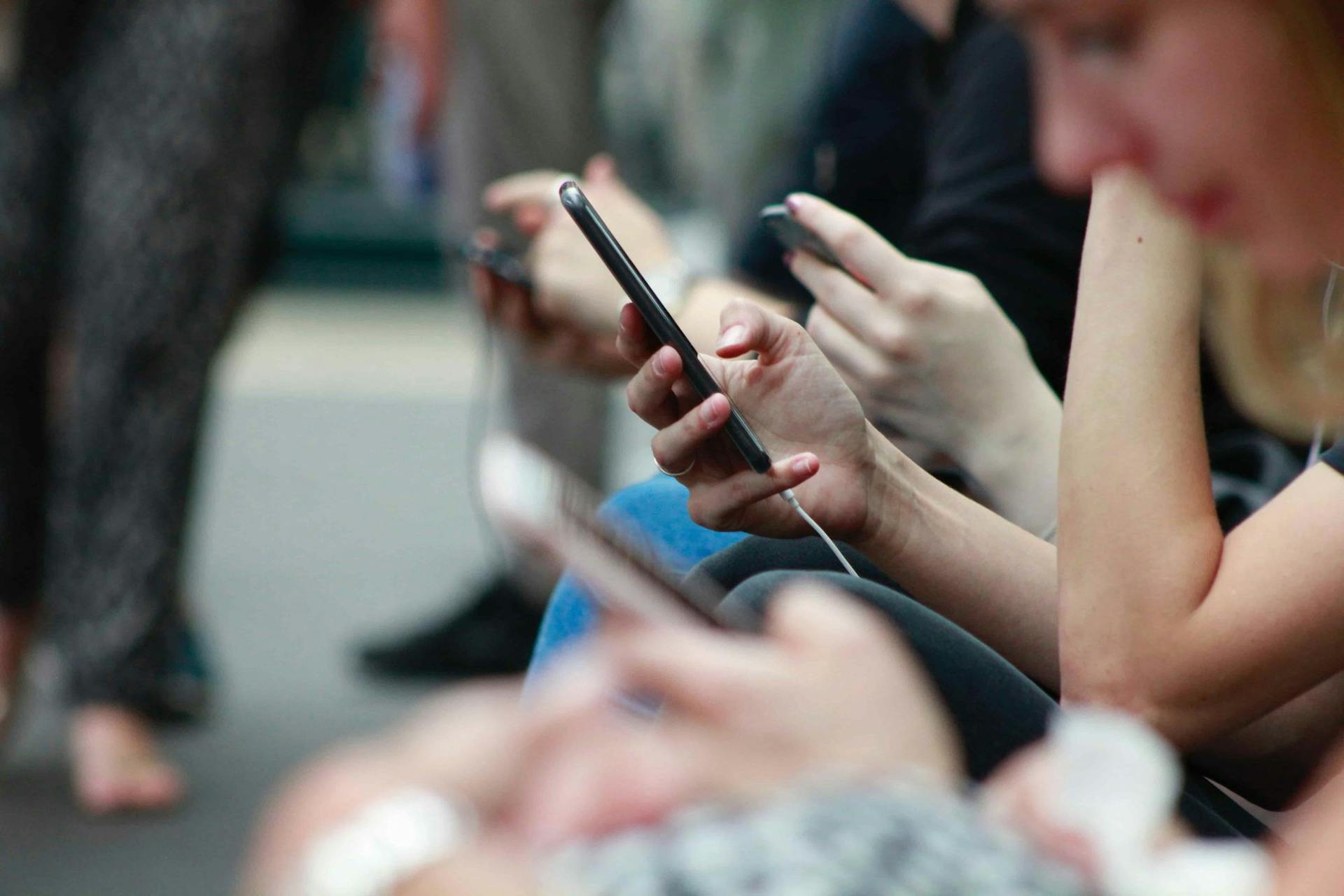MPs call for tougher regulations and recognition of social media addiction
updated on Jan 20, 2023

Children need to be protected from the ‘online Wild West’ according to MPs, who have called for tough new regulation and the potential classification of social media addiction as a disease
MPs have called for social media addiction to be considered as a disease, as concerns over the growing impact these networks may be having on our mental health continue. With social networking sites and apps constantly competing for users' time and attention, concern has grown over the potential negative impact such platforms may be having on children.
A new report calls for the UK government to create formal guidelines for how young people aged 24 and under can avoid excessively using social media. The report has also called for social media companies to be required to share anonymised data with researchers about their users, in order to greater understand the ways in which social media impacts young people.
Calling for children to be protected from an ‘online Wild West’, MPs have called for tougher new regulation in addition to the potential classification of social media addiction as a disease. Calls for social media platforms to be regulated by Ofcom have also been accompanied by suggestions that sites such as Facebook, Instagram and Twitter should be required to adhere to a statutory code of conduct.
The proposed code would establish rules around social media and known harms to young people. Particular areas of focus would include the introduction of guidelines around areas known to particularly affect young people such as self-harm, disordered eating, low self-esteem, a lack of sleep, and over-dependence on social media. A code should be in place by the end of October.
The '#NewFilters to manage the impact of social media on young people’s mental health and well-being' report released by the Royal Society for Public Health (RSPH) highlights the growing number of people of all ages who spend hours each day on social media as part of their daily routine. Highlighting both the positive and negative impacts social media can have, the report emphasised that social media can help:
- Reduce loneliness
- Help communities stay in touch
- Bring people with similar interests together
- Provide a place for self-expression
- Support learning
However, key findings also emphasised areas in which social media can be damaging and young people may need to be protected, such as negatively impacting self-esteem and body image, as well as exposure to online bullying. Amongst their key findings, the report shared the high-risk that young people face using social media to find support for mental health conditions, as many can be unintentionally exposed to graphic content, posts that glamorise mental illness and may be dissuaded from seeking out professional help.
According to the report, 12% of children who spend no time on social media present symptoms of mental ill health, compared to 27% of those who spend three or more hours each day. Nearly half (46%) of girls and 38% of all young people reported that social media has had a negative impact on their self-esteem. Worryingly, 63% of young people said social media is a good source of health information.
The All-Party Parliamentary Group (APPG) on Social Media and Young People’s Mental Health and Wellbeing has said more needs to be done to tackle online graphic content. The APPG has called for the Government to publish advice for young people about time spent online.
They have also called for further research to be carried out into the ‘addictive’ nature of social media, and whether it should be classified as a disease by the World Health Organisation (WHO). To much controversy, in 2018 the WHO officially announced Gaming Disorder as a recognised mental illness to be included in the International Classification of Diseases (ICD) version ICD-11 onwards, which will come into effect from January 2022.
Individuals thought to experience gaming disorder or addiction must have shown significant impairment in their family, personal, social, educational or work lives due to computer games for at least 12 months. It has been suggested that a similar definition could apply to those who struggle with excessive social media use, however, further research would be needed.
MPs have also called for a new Social Media Health Alliance to be set up. This alliance would be charged with reviewing “growing evidence of the impact of social media on health and well-being”. It would be funded by a proposed 0.5% levy on the profits of social media companies.
Chairman of the APPG, Labour MP Chris Elmore said:
“I truly think our report is the wake-up call needed to ensure – finally – that meaningful action is taken to lessen the negative impact social media is having on young people’s mental health.
“For far too long social media companies have been allowed to operate in an online Wild West. And it is in this lawless landscape that our children currently work and play online. This cannot continue. As the report makes clear, now is the time for the Government to take action.”
Officer for Health Improvement for the Royal College of Paediatrics and Child Health, Dr. Max Davie, said: “Social media has changed the social landscape and our children and young people are the test pilots.
“Latest evidence suggests that screen time in itself is not harmful to child health but it's when this displaces other important activities such as sleep, physical activity and face-to-face interaction that it can lead to harm.”
The government is expected to soon release a white paper outlining the responsibilities of online platforms, how these should be met, and what will happen if they are not.
For more information on the types of internet addiction or to find an experienced therapist near you, visit Counselling Directory. Simply search for therapists in your area by entering your location in the box below.

